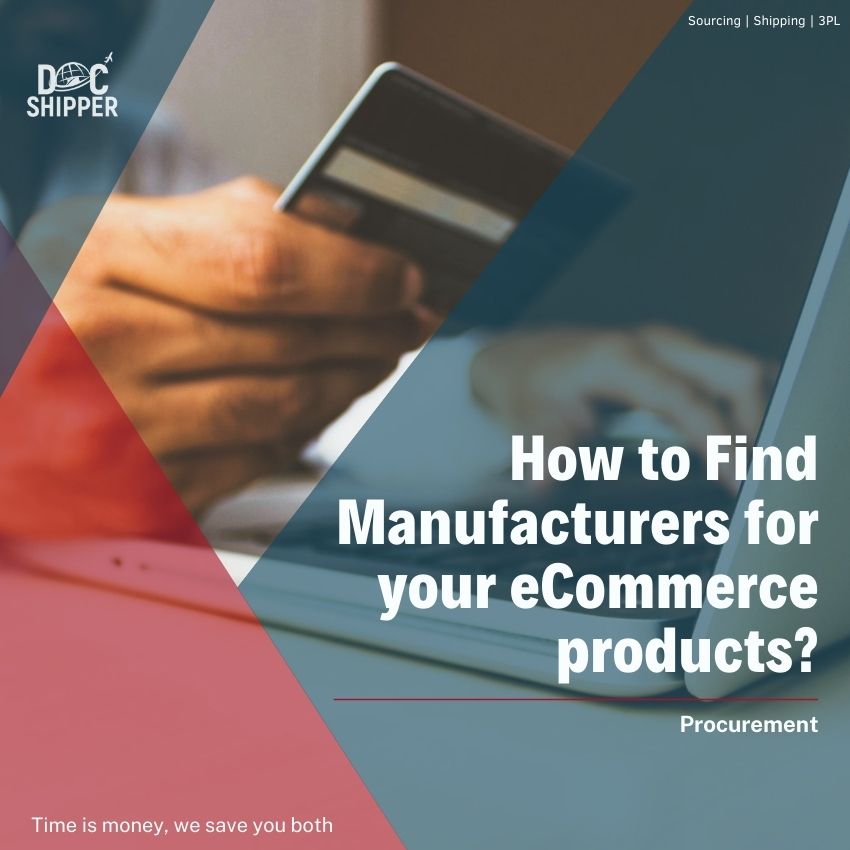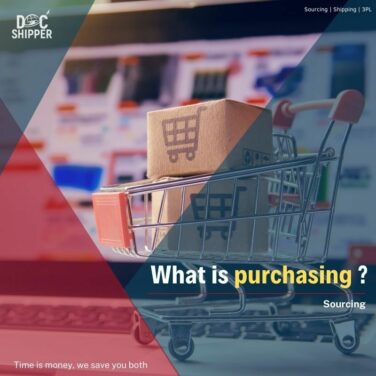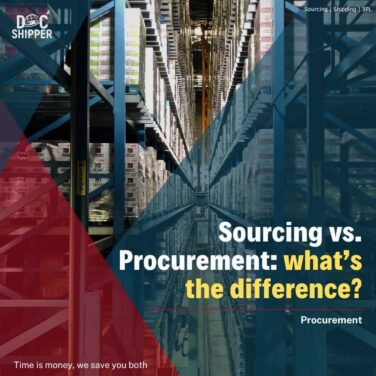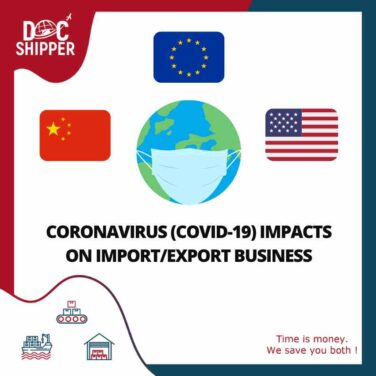Starting an eCommerce business can be an exciting and rewarding venture, but finding the suitable suppliers can be daunting. Your suppliers are critical in ensuring that your products are high-quality and delivered on time, which can directly impact your business’s success.
With so many options available, it’s important to know how to navigate the supplier search process and find the right partners for your business.
In this blog post, we’ll walk you through the key steps to finding suppliers for your eCommerce products, including how to determine your product needs, identify potential suppliers, evaluate and compare suppliers, and negotiate and finalize supplier relationships.
What product do you need?
To find the right supplier for your eCommerce products, it’s important to first define your product requirements. This includes determining the number of products needed, as well as identifying the product specifications and standards.
1. Define your product requirements
Before you start searching for suppliers, you need to clearly define your product requirements. This includes things like the type of product you’re looking for, the materials used, and any specific features you need. Consider the following questions to help you define your product requirements:
- What type of product do you need?
- What are the key features or characteristics of the product?
- What materials should the product be made of?
- Are there any specific requirements for the product’s design or packaging?
2. Determine the number of products needed
Once you have a clear understanding of your product requirements, you can determine the number of products needed. This will help you identify suppliers who can meet your production needs, and will also help you negotiate pricing with those suppliers. Consider the following questions to help you determine the number of products needed:
- What is your expected sales volume?
- How quickly do you need to restock your inventory?
- Are there any minimum order requirements from suppliers?
3. Identify the product specifications and standards
Finally, you need to identify the product specifications and standards. This includes things like the size and weight of the product, as well as any safety or quality standards that the product needs to meet. Consider the following questions to help you identify the product specifications and standards:
- What are the size and weight requirements for the product?
- Are there any safety or quality standards that the product needs to meet (e.g. FDA regulations)?
- Are there any certifications or testing requirements for the product?
By clearly defining your product requirements, determining the quantity of products needed, and identifying the product specifications and standards, you can narrow down your search for potential suppliers and find partners who can meet your business’s specific needs.
Want some help in that? Let us take care of everything.
Make a list of Potential Manufacturers
Once you have a clear understanding of your product requirements, you can start searching for potential suppliers. Here are some strategies:
1. Search for suppliers online
The internet is a great resource for finding suppliers. You can start by searching for suppliers in your industry or for specific products you need. You can also use search engines like Google to find relevant trade associations or industry directories that may have a list of suppliers in your industry.
2. Attend trade shows and conferences
Trade shows and conferences are another great way to connect with suppliers. These events bring together industry professionals, including manufacturers and suppliers, and give you the opportunity to learn about new products and services, as well as network with potential suppliers. You can find information about trade shows and conferences in your industry through industry associations or trade publications.
3. Use supplier directories or databases
There are many online directories and databases that can help you find potential suppliers. These directories are often organized by industry or product and can be a great resource for finding suppliers that meet your product requirements. Some popular directories and databases include DocShipper, Alibaba, and Global Sources.
4. Leverage social media platforms
Social media platforms like LinkedIn, Twitter, and Facebook can also be valuable resources for finding suppliers. You can search for suppliers using hashtags or keywords related to your industry, and you can also join industry-specific groups to connect with other professionals in your field. Social media platforms can also be a great way to research potential suppliers and learn about their reputation and customer reviews.
You may like this article: How to Use Social Media to Find Suppliers in China?
By using a combination of these strategies, you can identify a list of potential suppliers and start evaluating them based on your specific needs and requirements.
Evaluate and Compare manufacturers
Once you’ve identified potential suppliers, it’s important to evaluate and compare them based on your specific needs and requirements. Here are some strategies for evaluating and comparing potential suppliers:
1. Review potential suppliers’ websites
One of the first steps in evaluating a potential supplier is to review their website. This can give you a sense of the supplier’s products and services, as well as their pricing and lead times. You can also look for information about the supplier’s experience, certifications, and quality control processes.
2. Check the supplier’s reputation
Checking a supplier’s reputation is an important part of the evaluation process. You can do this by looking for customer reviews or testimonials on the supplier’s website or on third-party review sites. You can also check with industry associations or other professionals in your industry to see if they have any experience or feedback about the supplier.
3. Evaluate samples or product catalogs
If possible, you should also evaluate samples or product catalogs from potential suppliers. This can give you a sense of the quality of their products, as well as their ability to meet your product requirements. You can also use this information to compare suppliers and determine which one is the best fit for your business.
4. Request references from other clients
Another way to evaluate potential suppliers is to request references from other clients. This can give you a sense of the supplier’s performance and reliability, as well as their ability to meet deadlines and quality standards. You can also use this information to compare suppliers and determine which one is the best fit for your business.
By using a combination of these strategies, you can evaluate and compare potential suppliers and determine which ones are the best fit for your business. This will help you make informed decisions and choose suppliers that can help you achieve your business goals.
Negotiate and manager manufacturer Relationships
Once you’ve evaluated and compare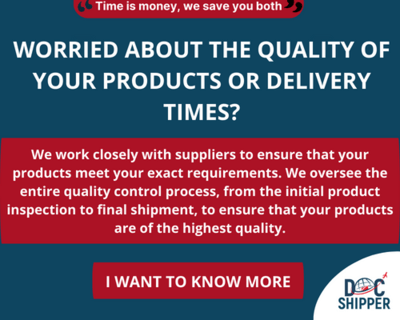 d potential suppliers, you can start the process of negotiating and finalizing your supplier relationships. Here are some strategies for this part of the process:
d potential suppliers, you can start the process of negotiating and finalizing your supplier relationships. Here are some strategies for this part of the process:
1. Discuss pricing and payment terms
Pricing is an important consideration when working with suppliers. You’ll want to discuss pricing for the products or services you’ll be purchasing, as well as any discounts or bulk pricing available. It’s also important to discuss payment terms, such as the payment method, payment schedule, and any penalties for late payments.
2. Agree on delivery and shipping terms
Delivery and shipping are also important considerations when working with suppliers. You’ll want to discuss lead times and delivery schedules, as well as shipping options and costs. It’s also important to discuss how any delays or shipping issues will be handled.
3. Sign a contract with your chosen supplier
Once you’ve negotiated the terms of your supplier relationship, it’s important to formalize the agreement by signing a contract. The contract should include all of the terms you’ve agreed upon, as well as any warranties, guarantees, or other provisions. Make sure to review the contract carefully before signing and seek legal advice if needed.
By following these strategies, you can negotiate and finalize your supplier relationships in a way that is mutually beneficial and helps you achieve your business goals. With strong supplier relationships in place, you can ensure a reliable supply chain for your eCommerce products and provide high-quality products and services to your customers.
FAQ | How to find products for your eCommerce business?
Read more
Looking for more? These articles might interest you:
DocShipper info: Do you like our article today? For your business interest, you may like the following useful articles :
Need Help with Logistics or Sourcing ?
First, we secure the right products from the right suppliers at the right price by managing the sourcing process from start to finish. Then, we simplify your shipping experience - from pickup to final delivery - ensuring any product, anywhere, is delivered at highly competitive prices.


Fill the Form
Prefer email? Send us your inquiry, and we’ll get back to you as soon as possible.
Contact us





